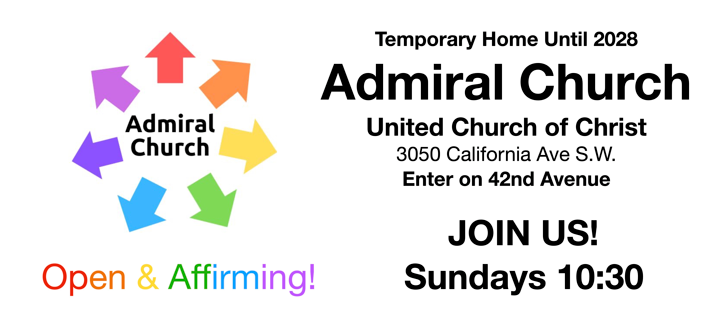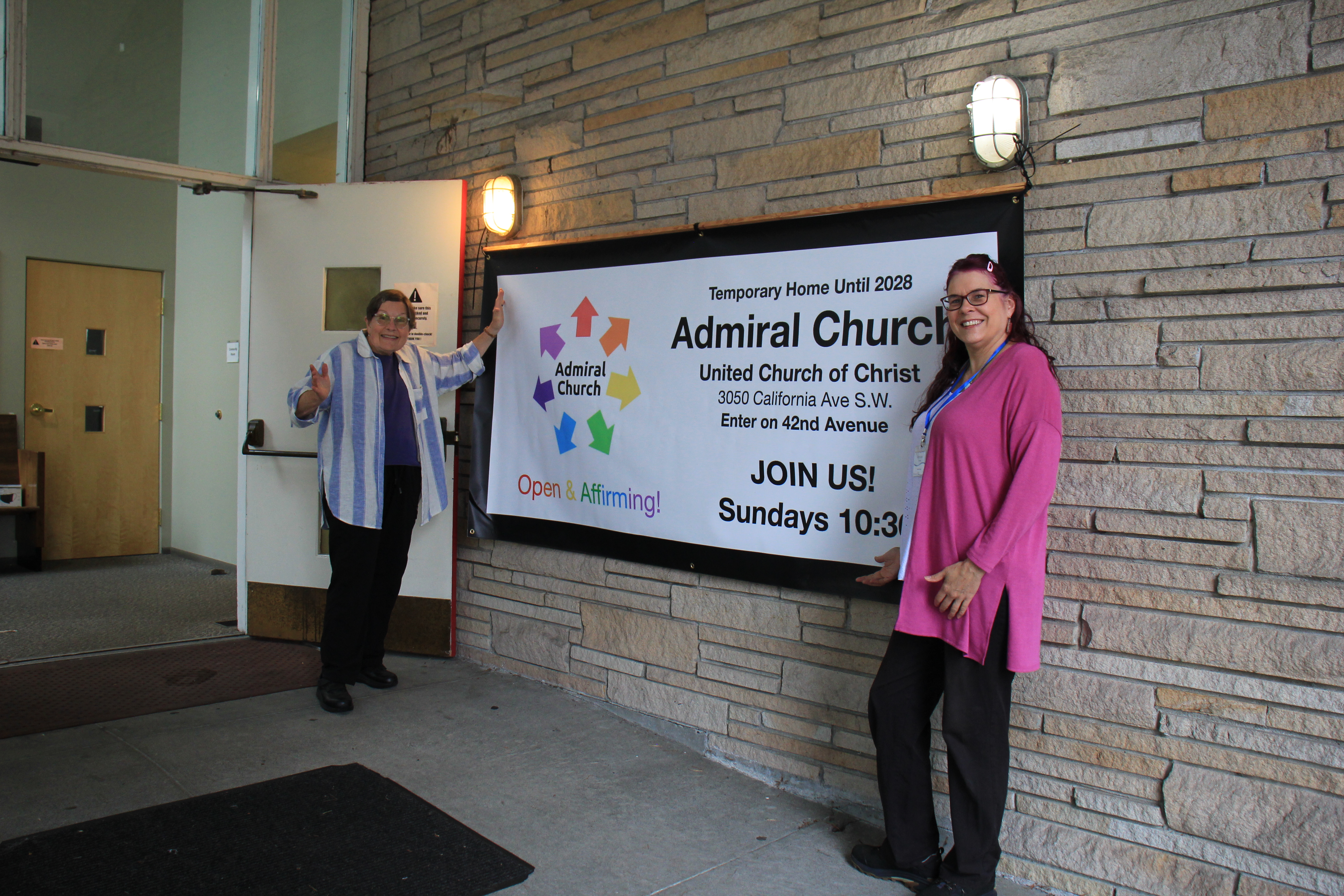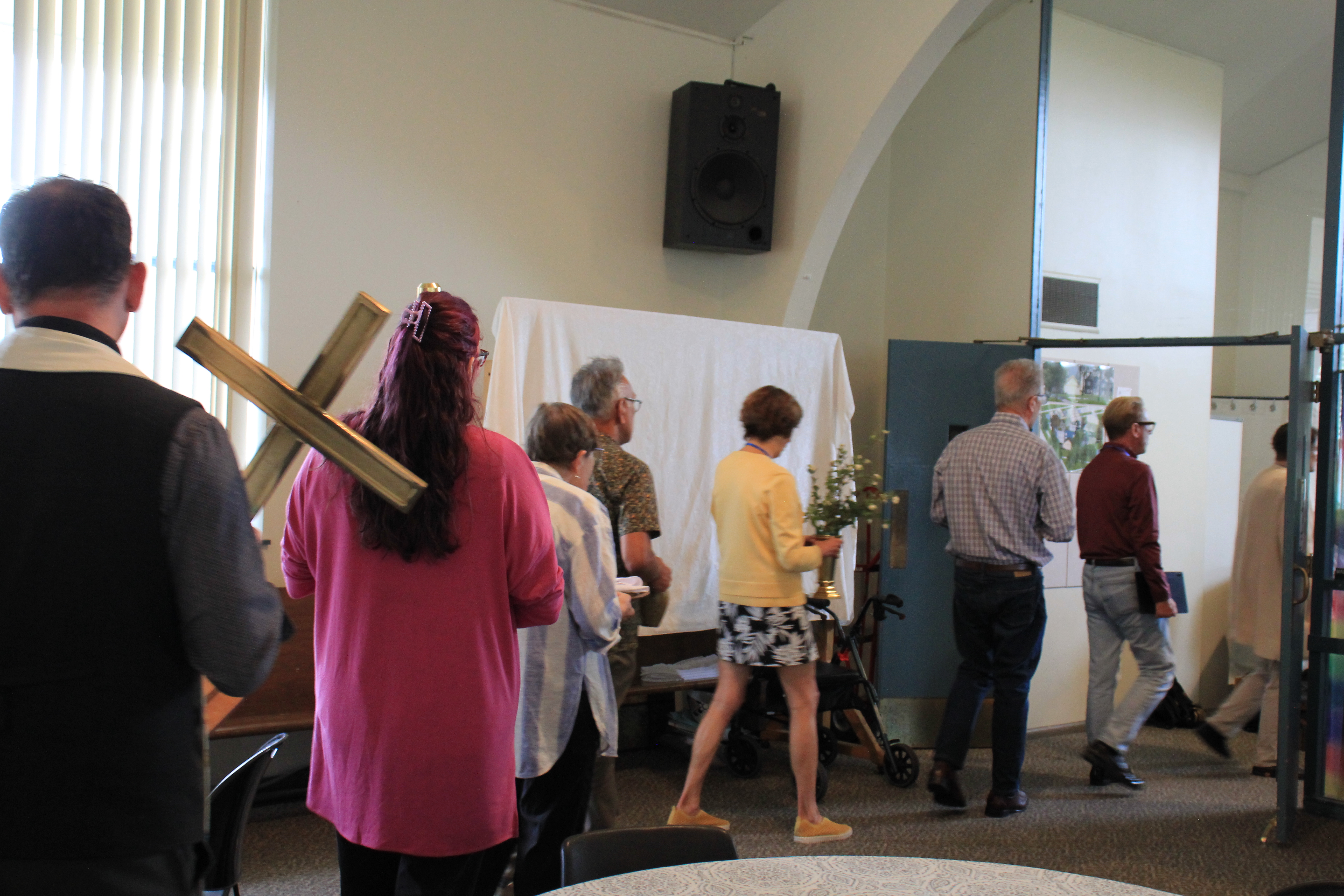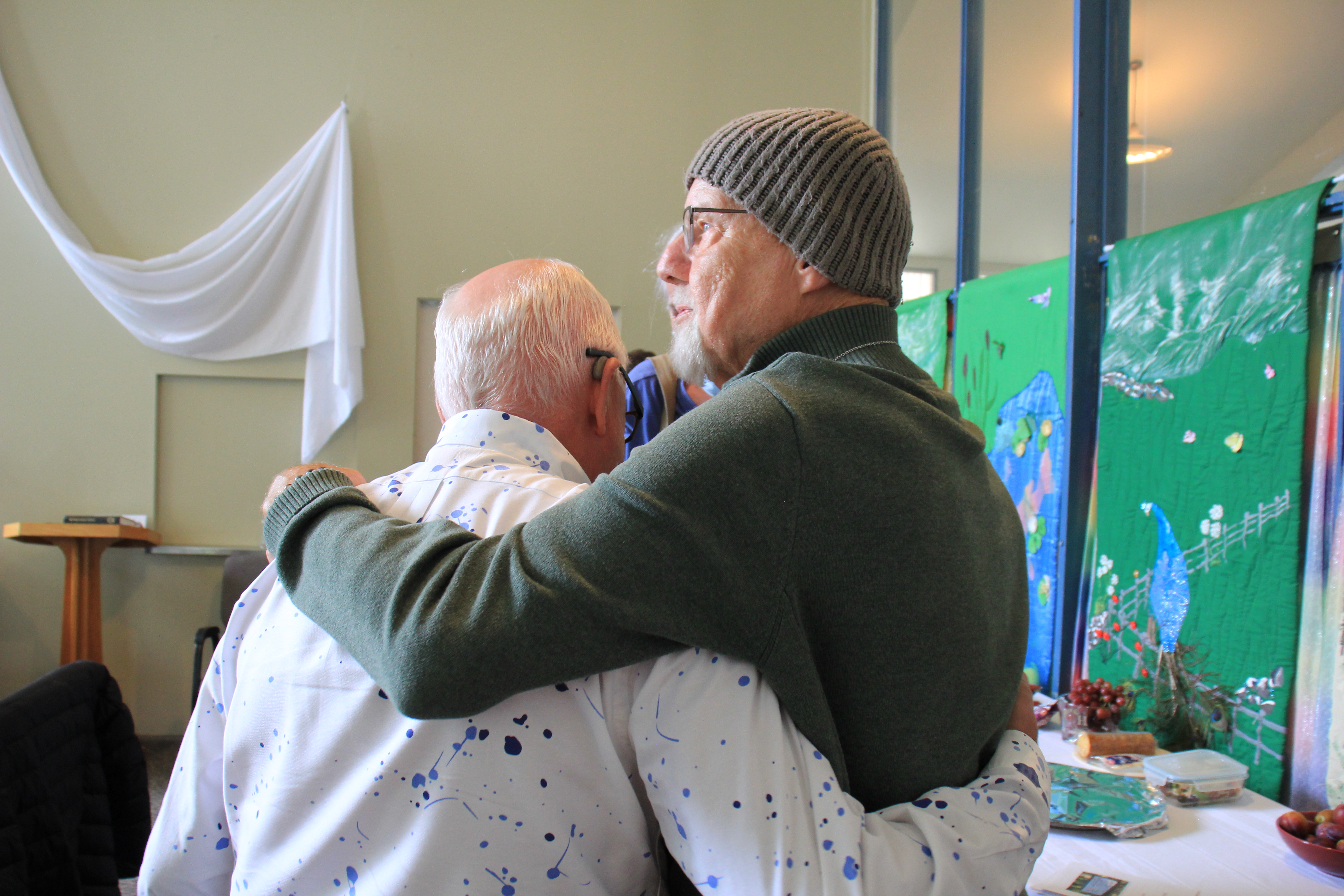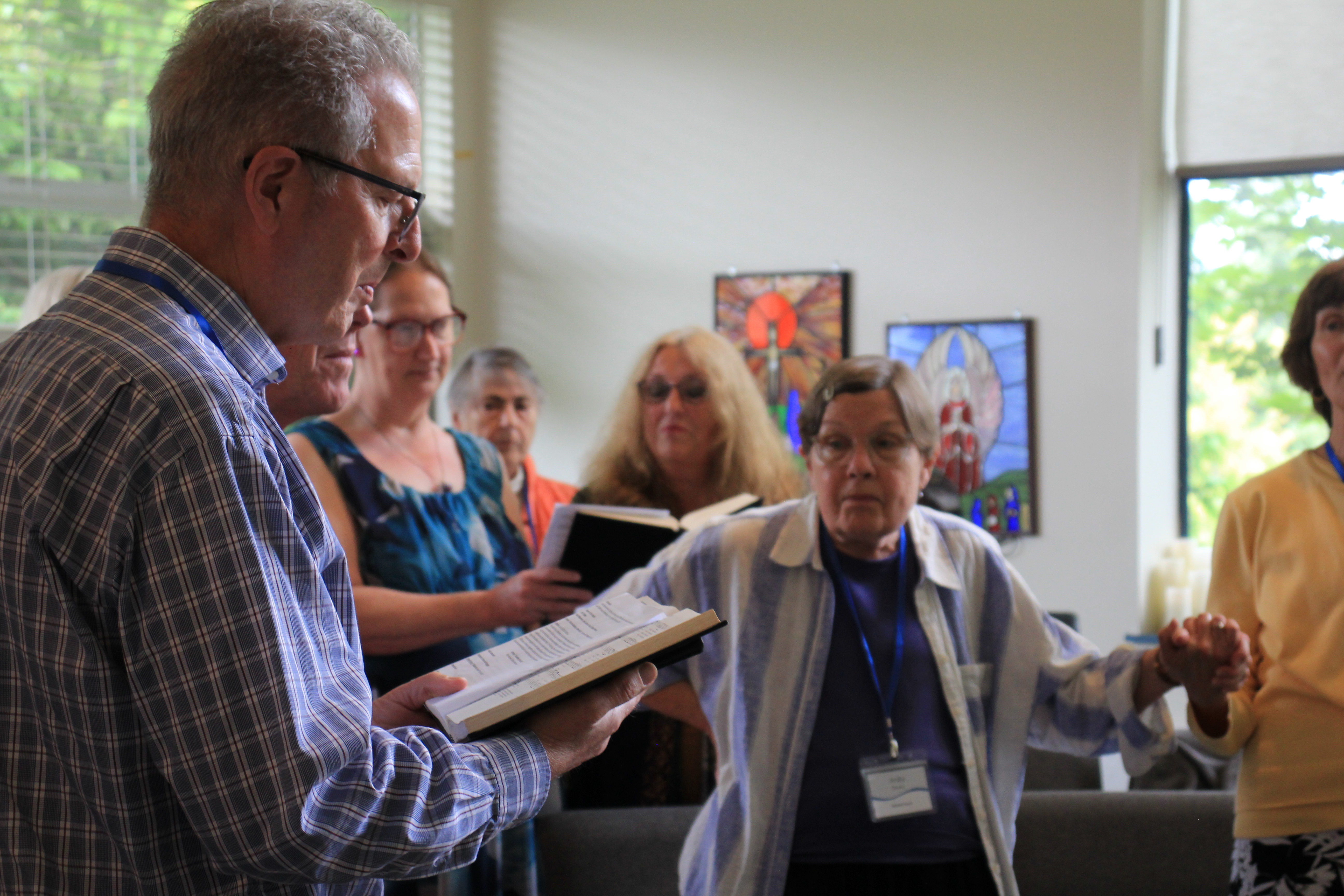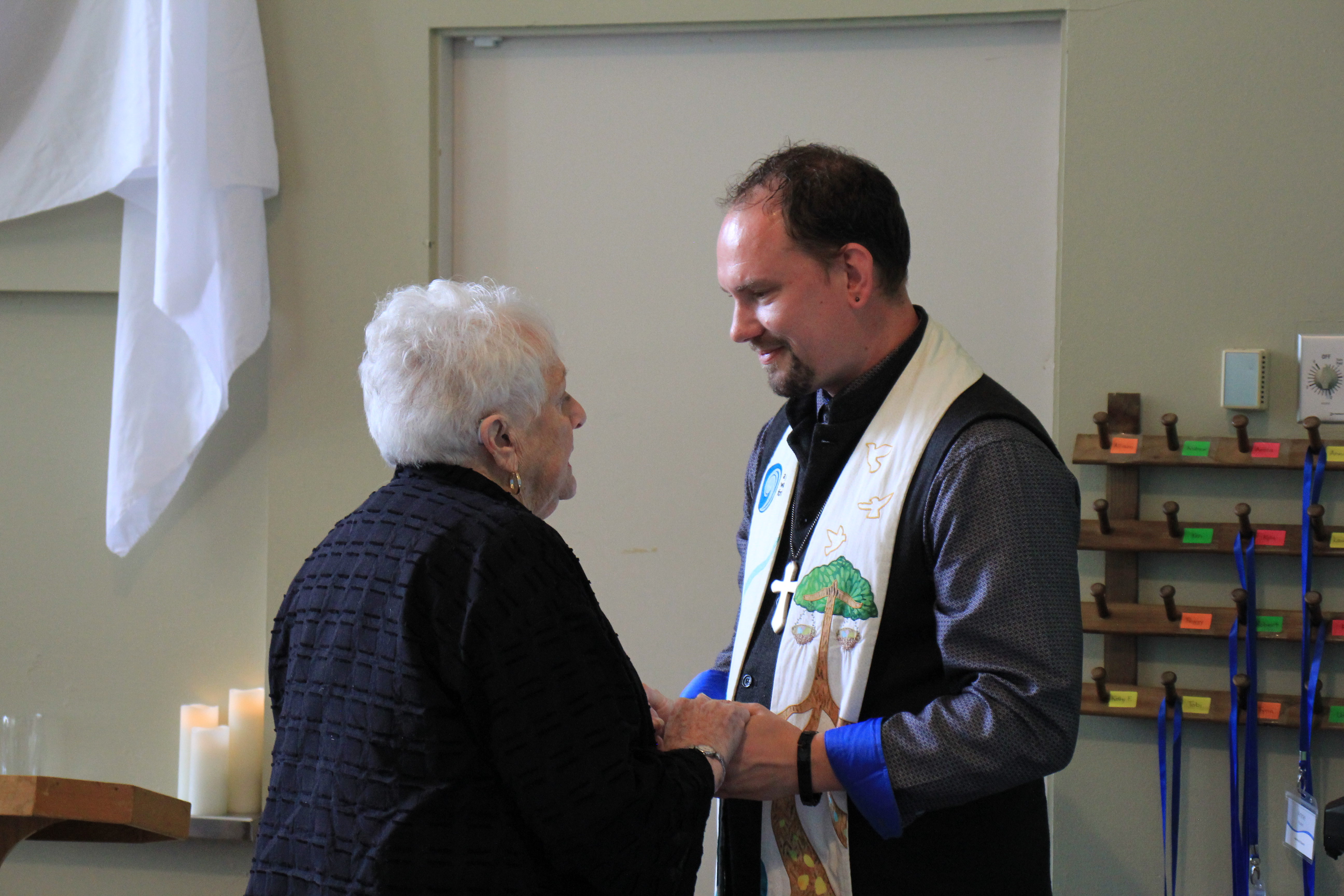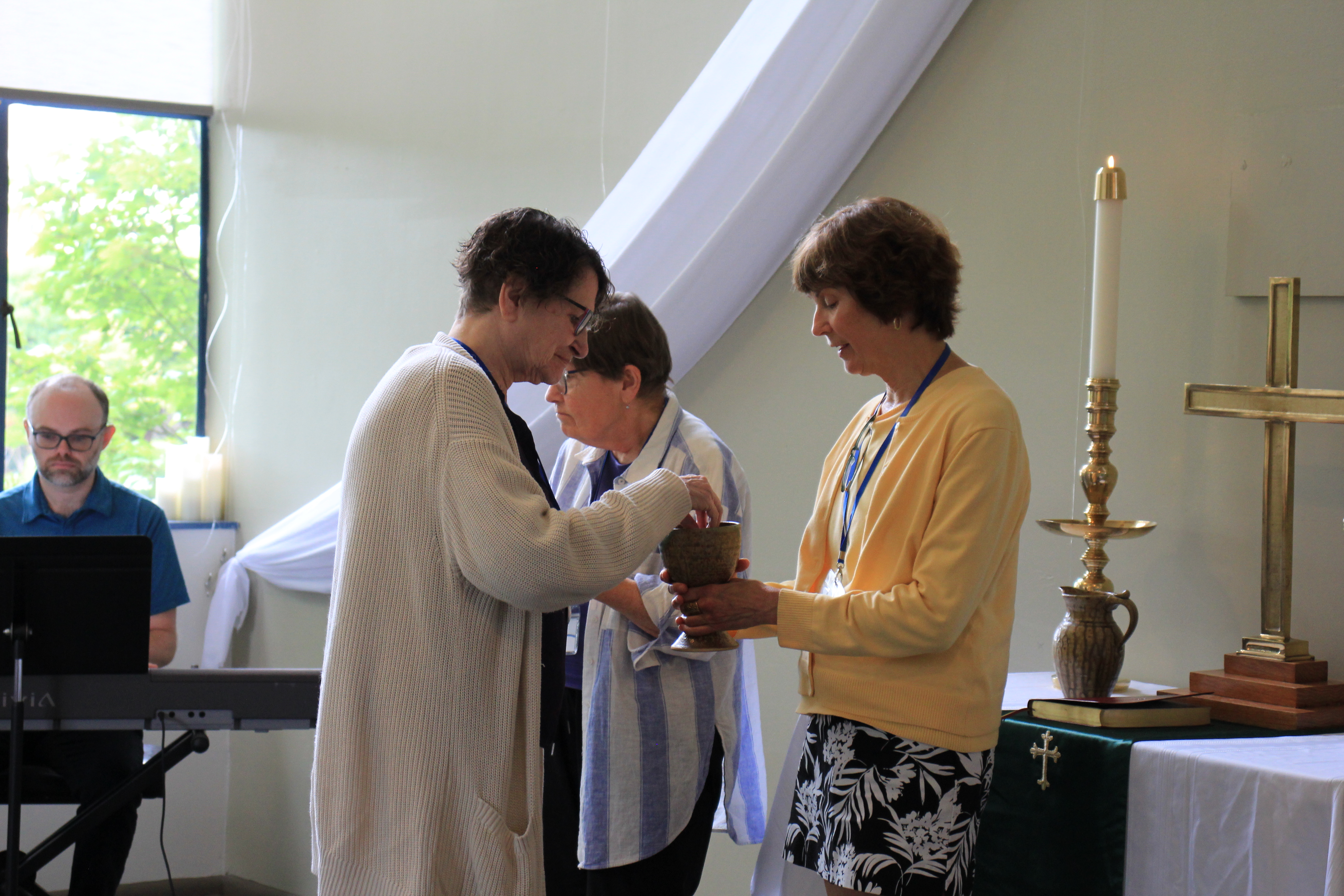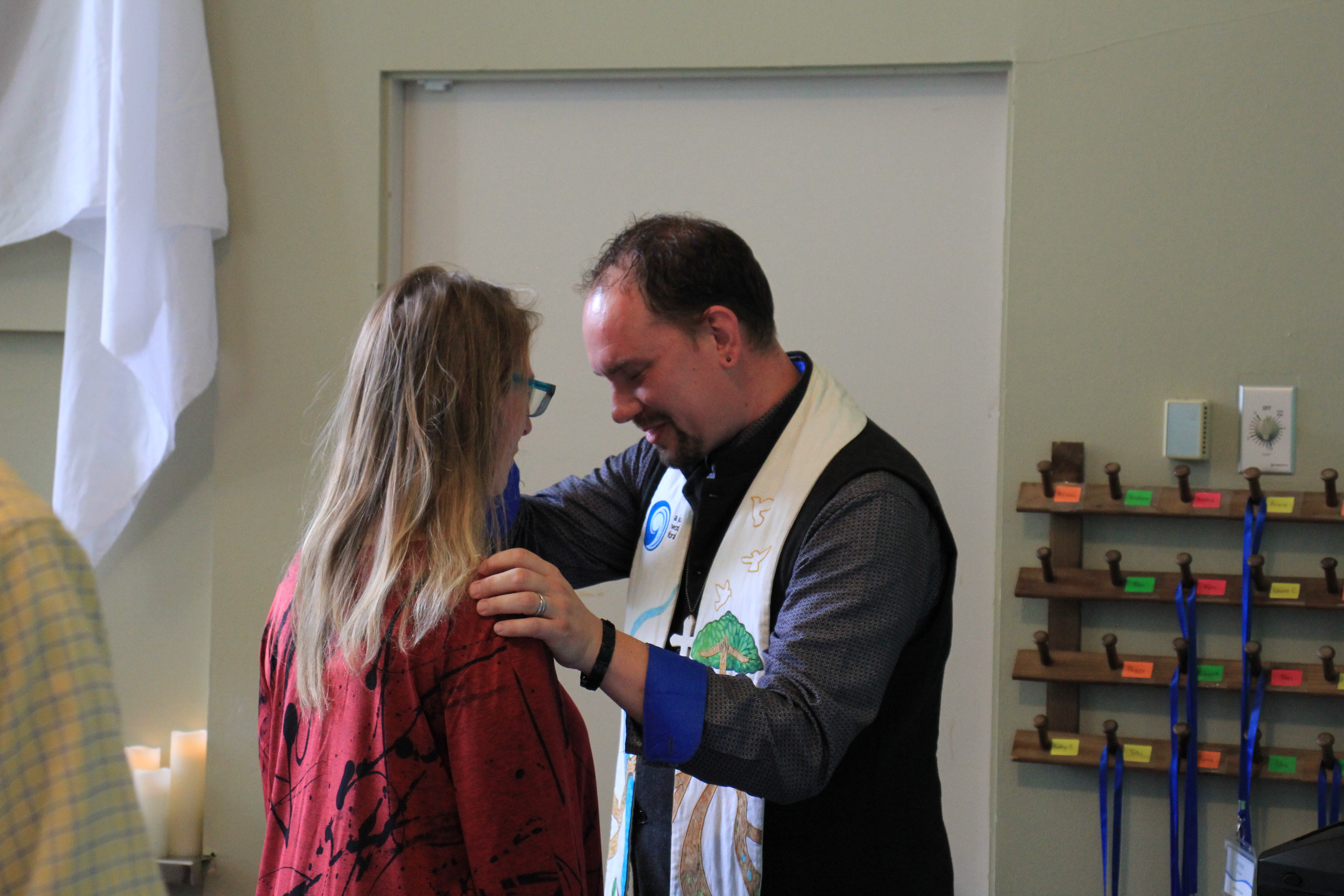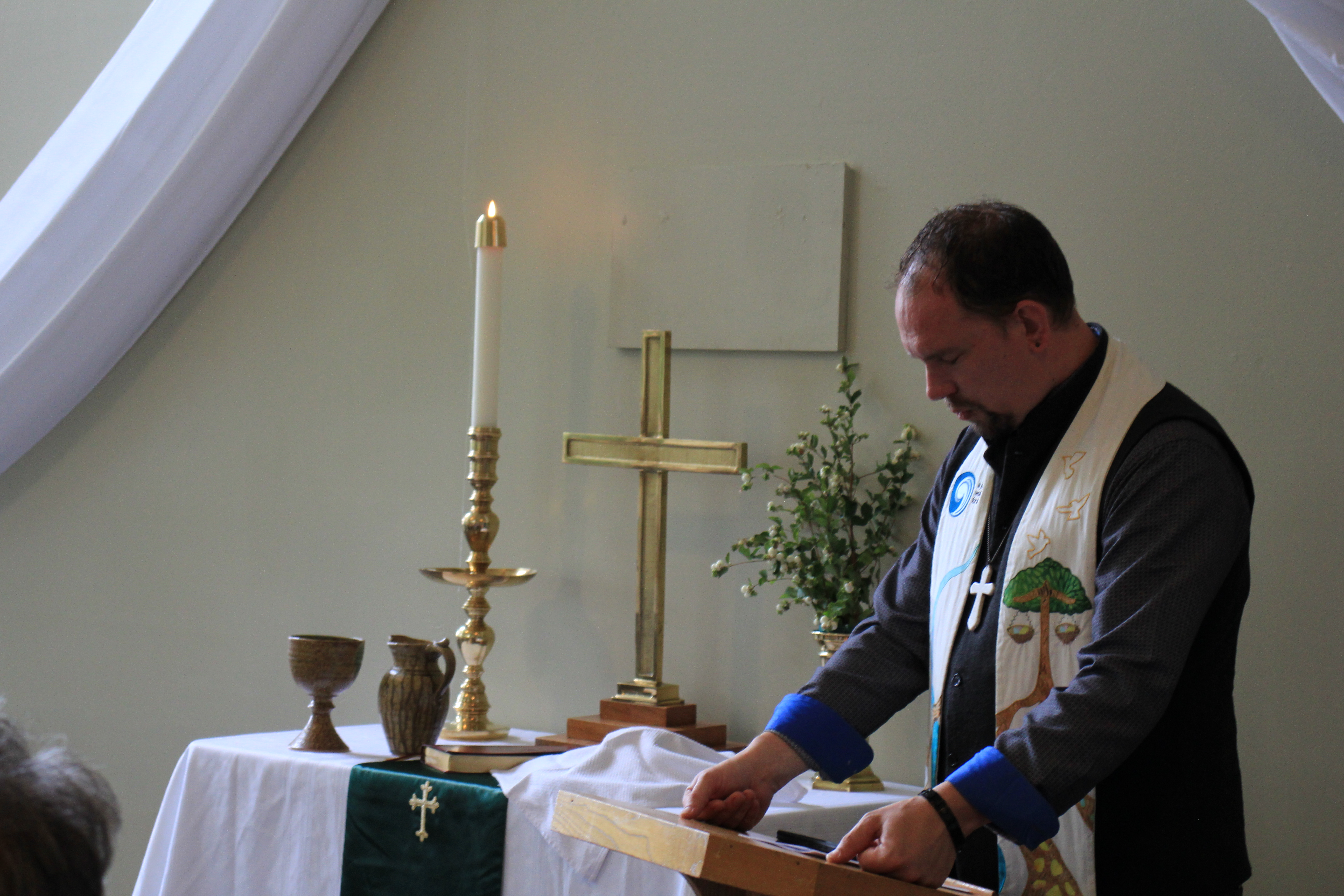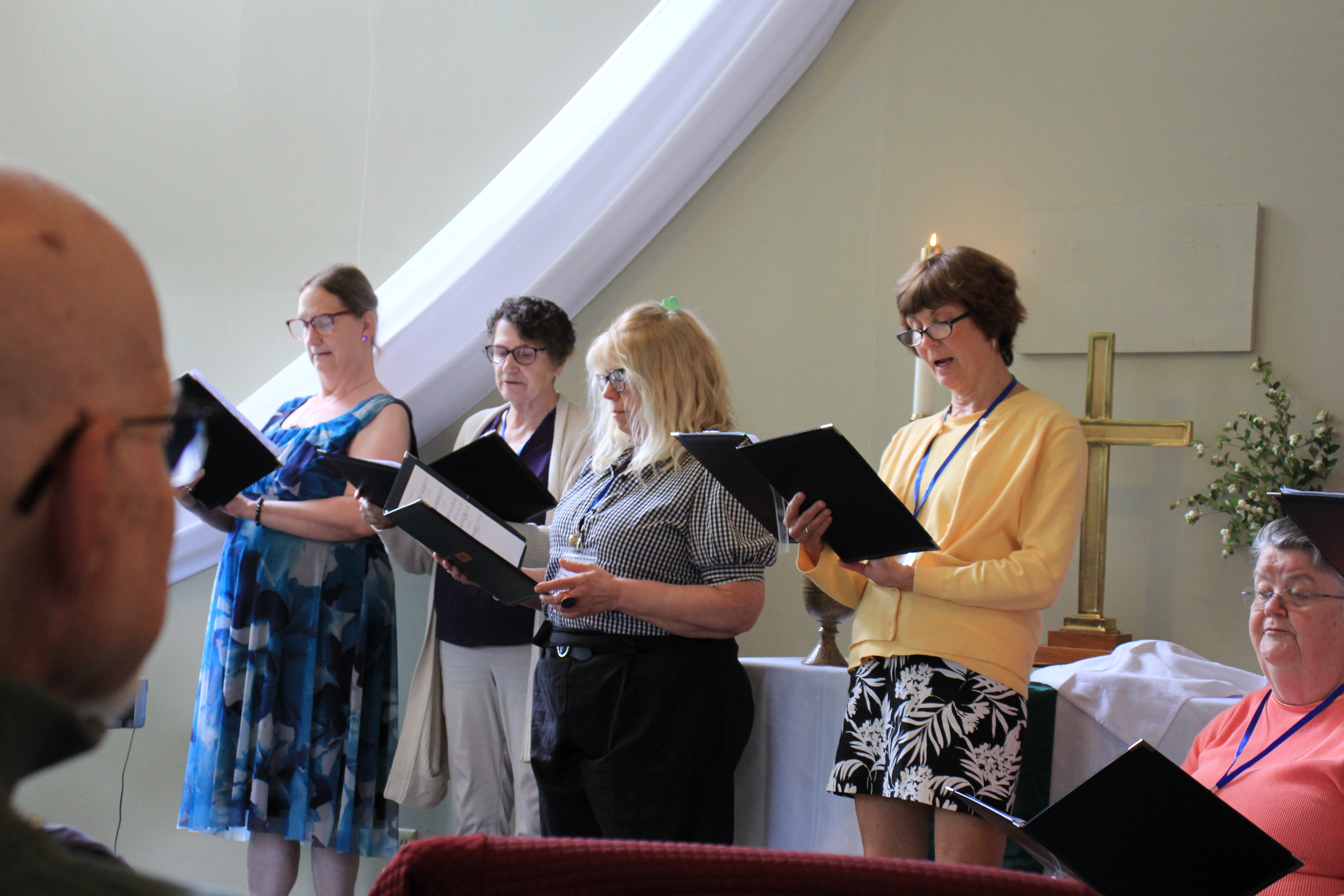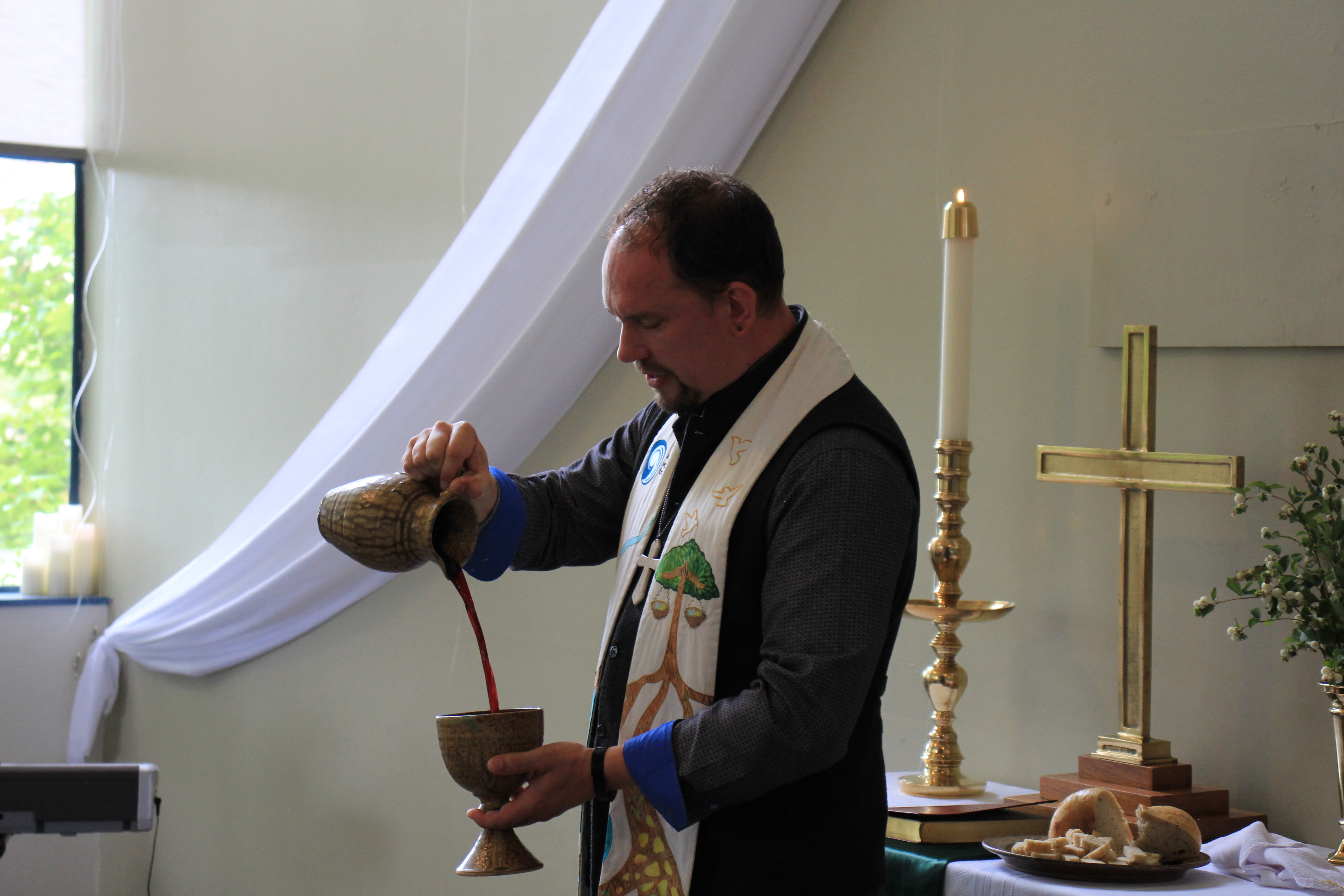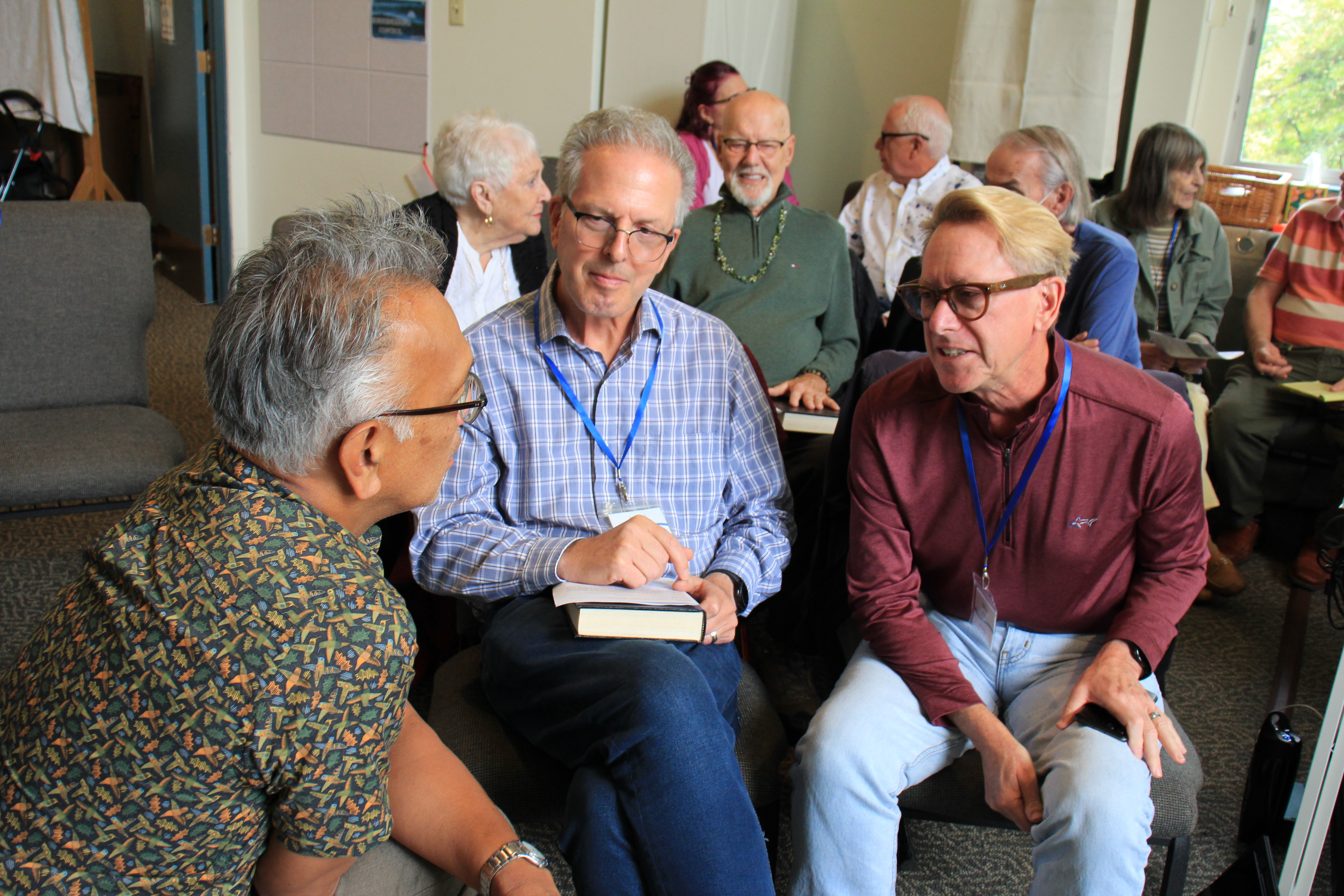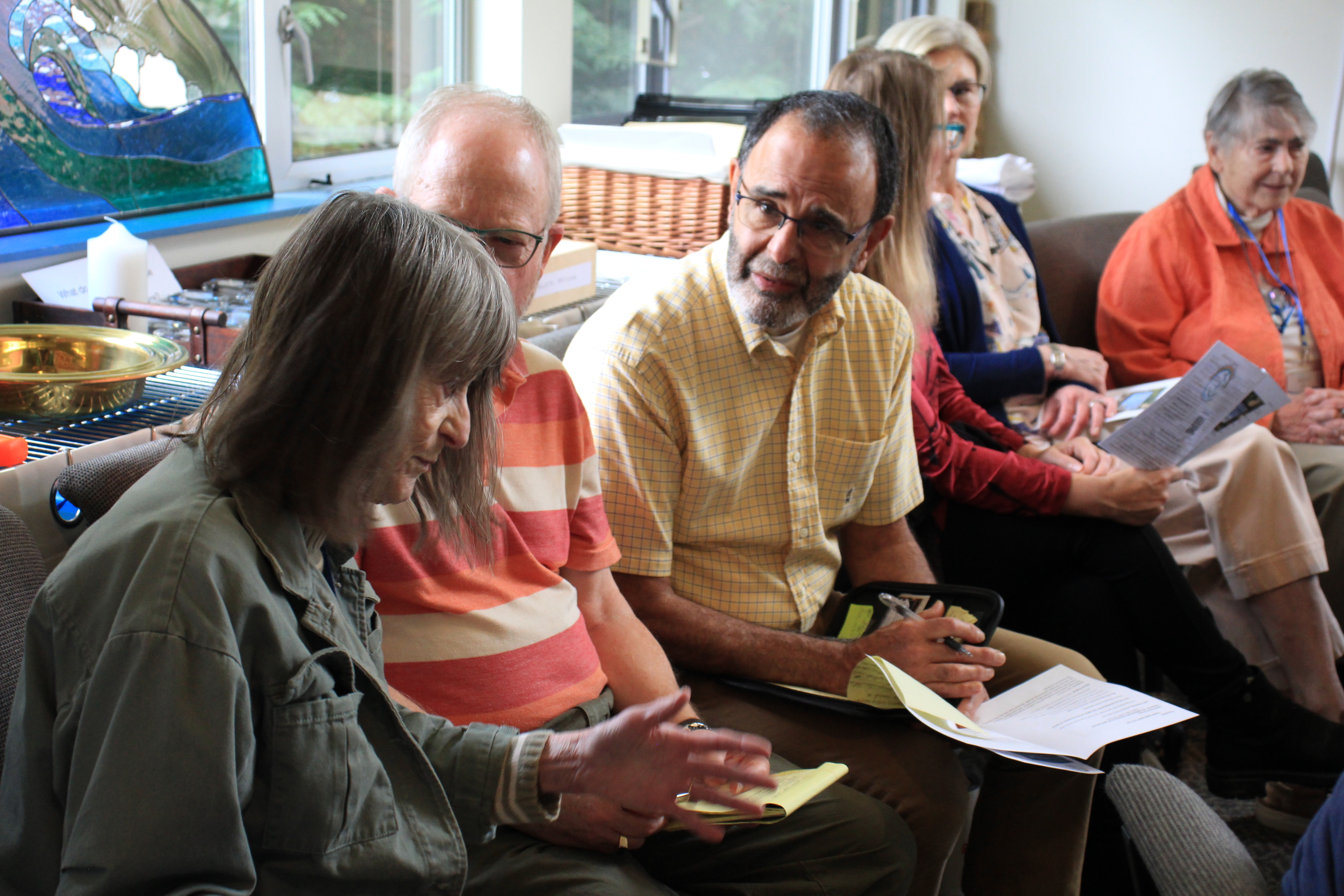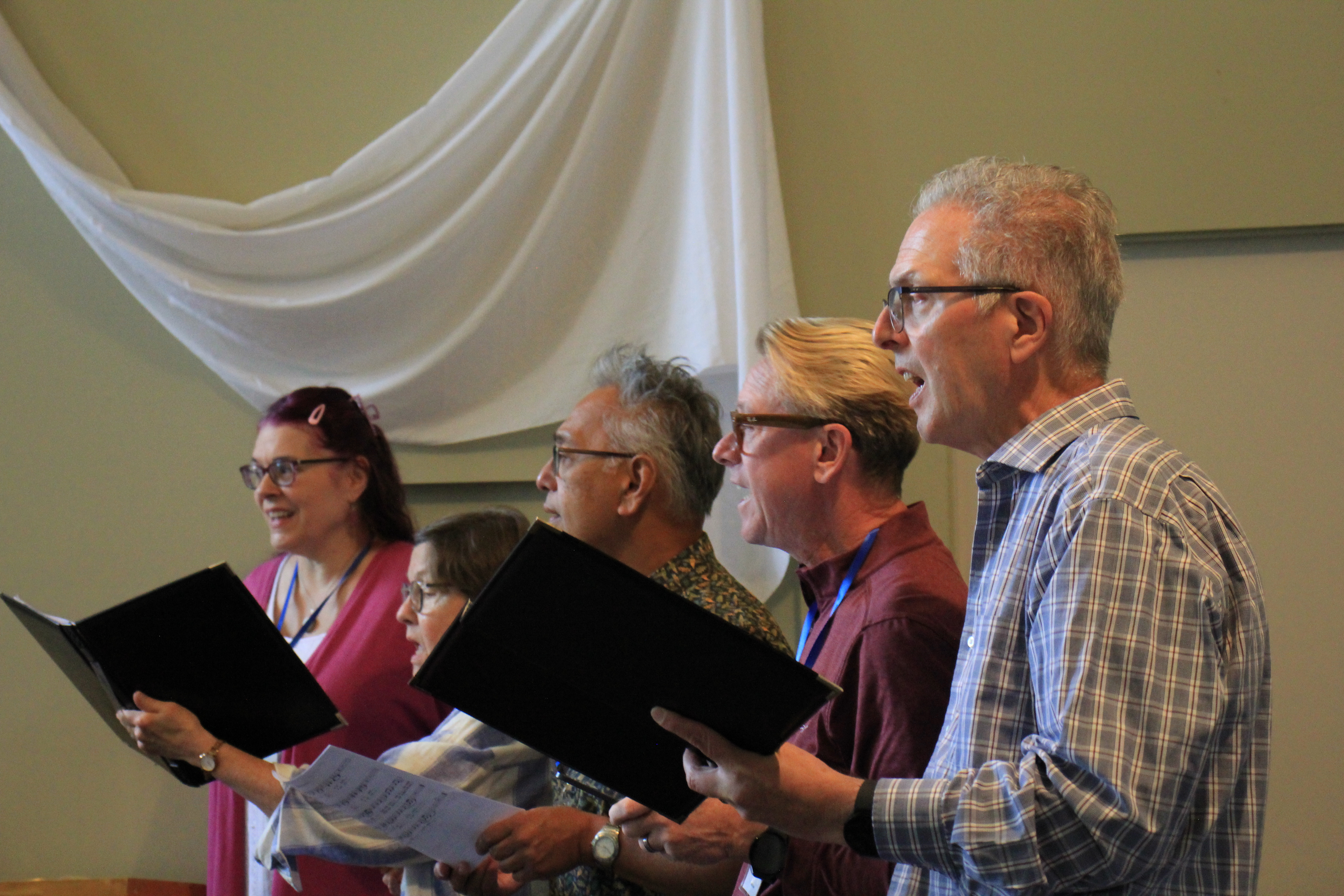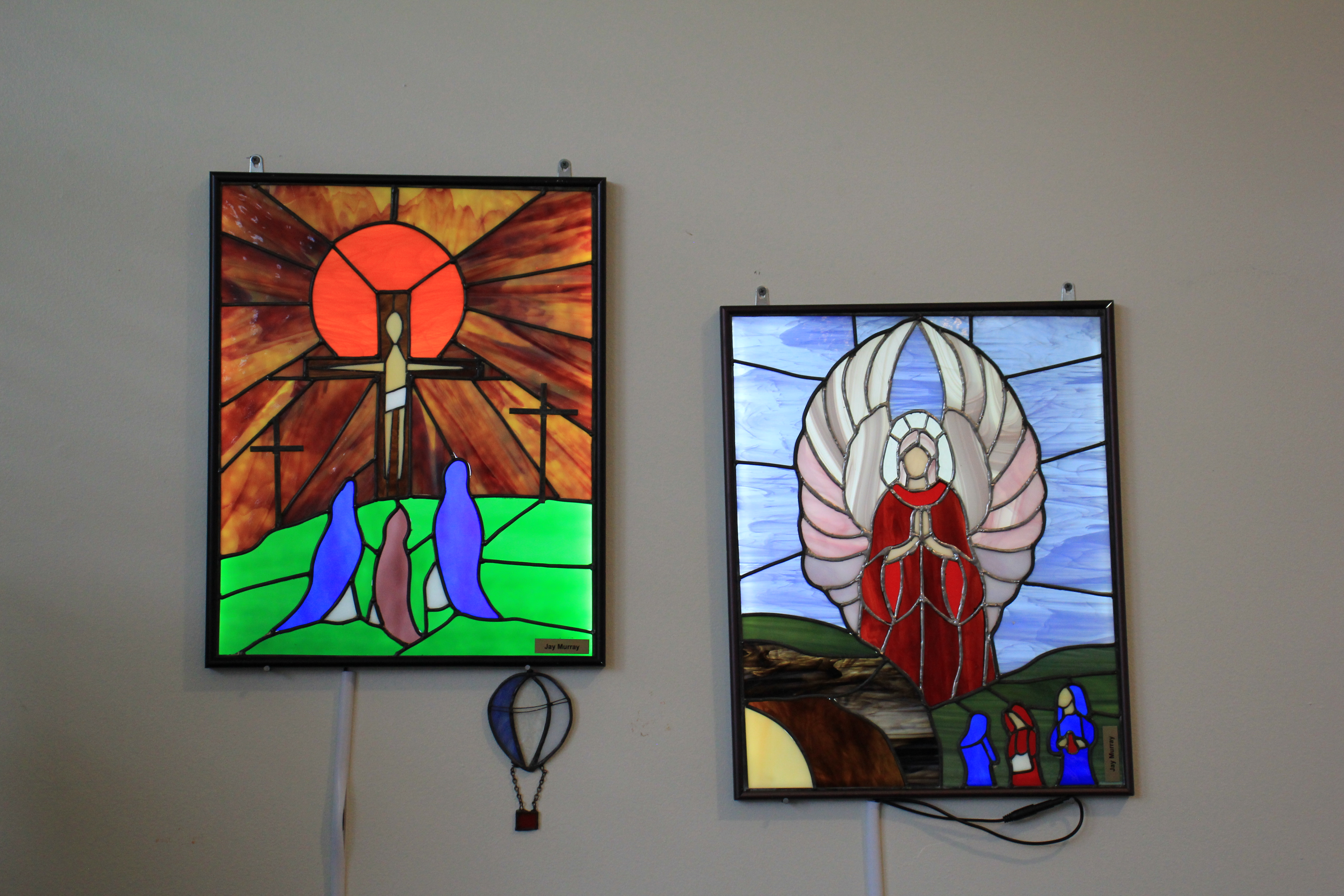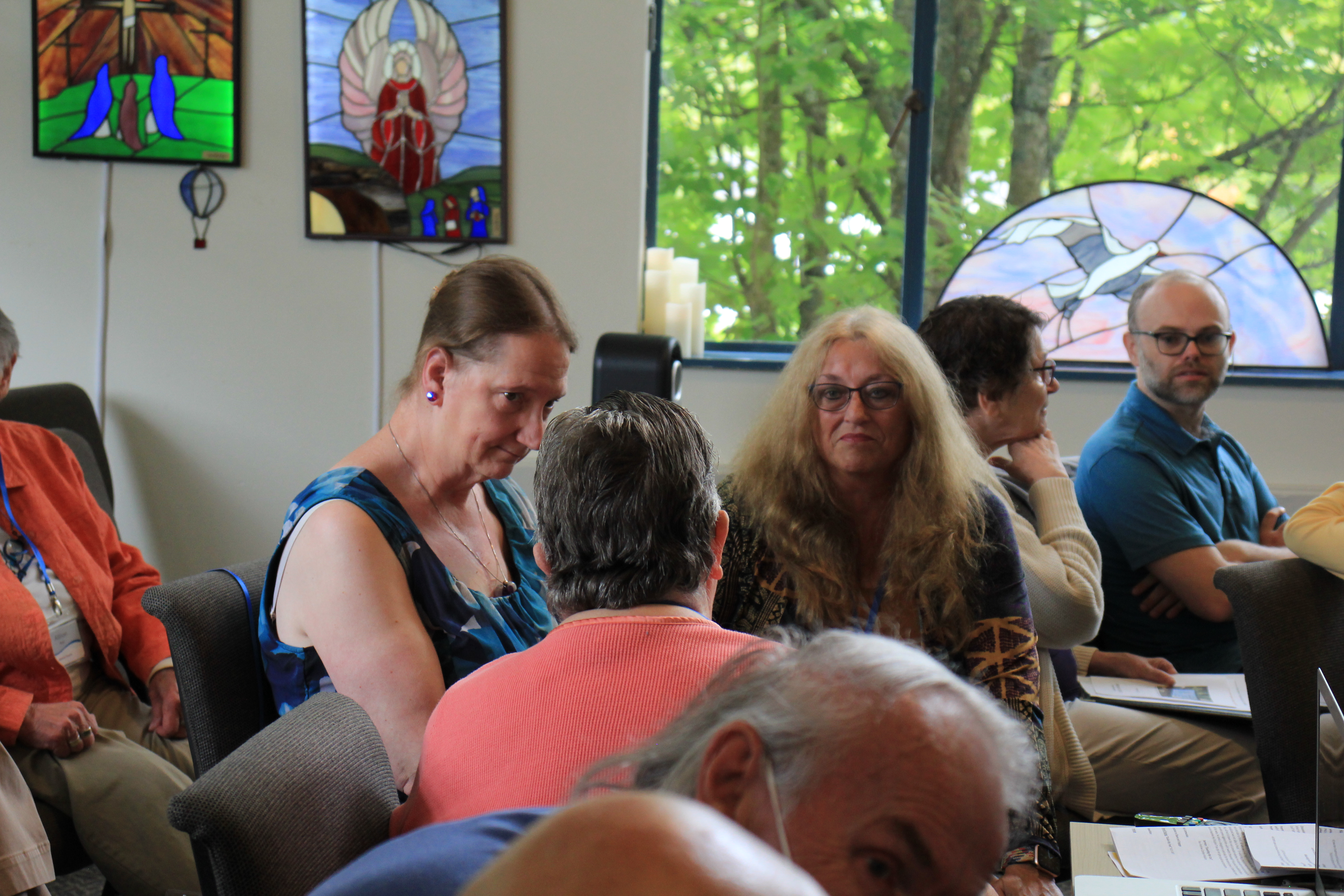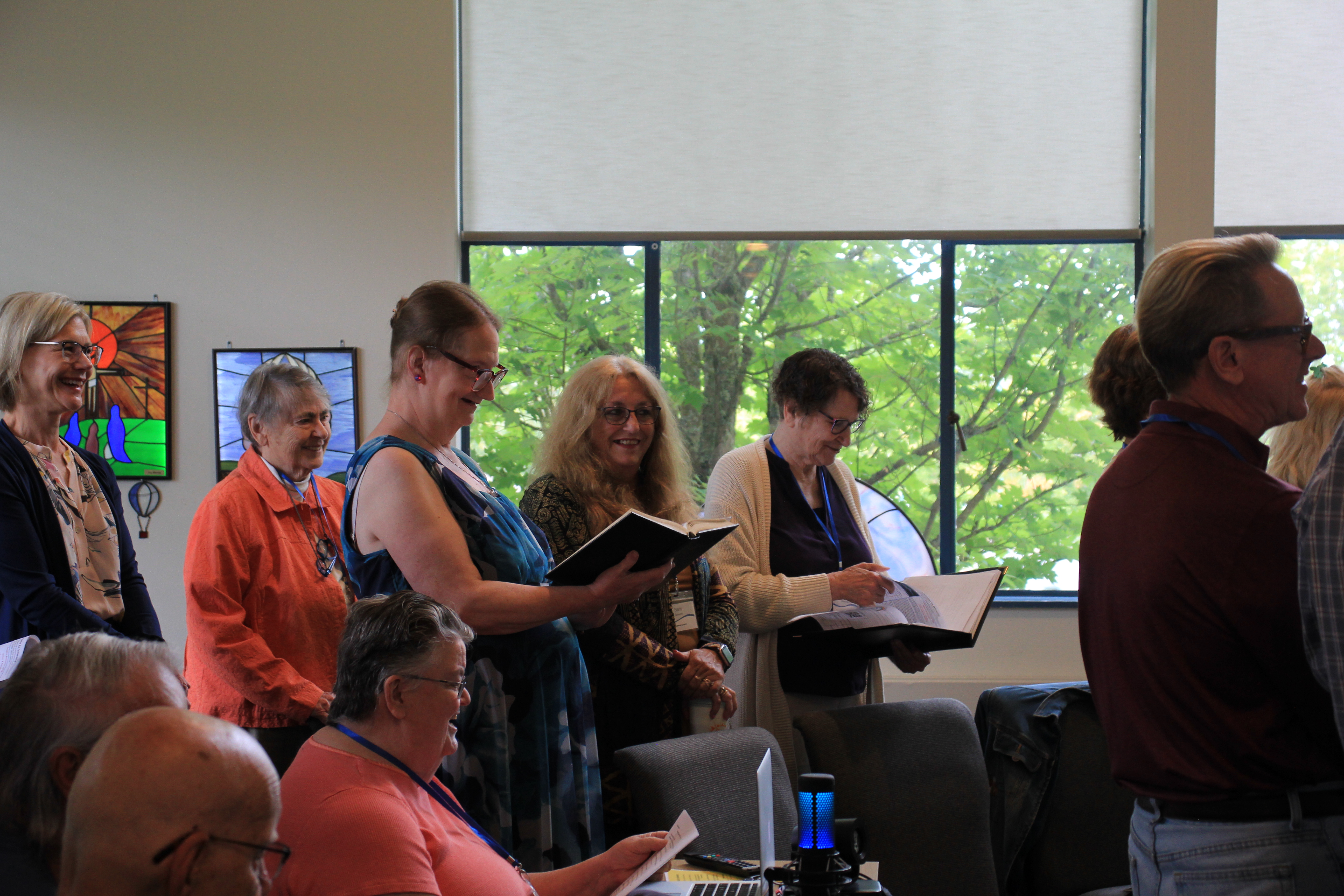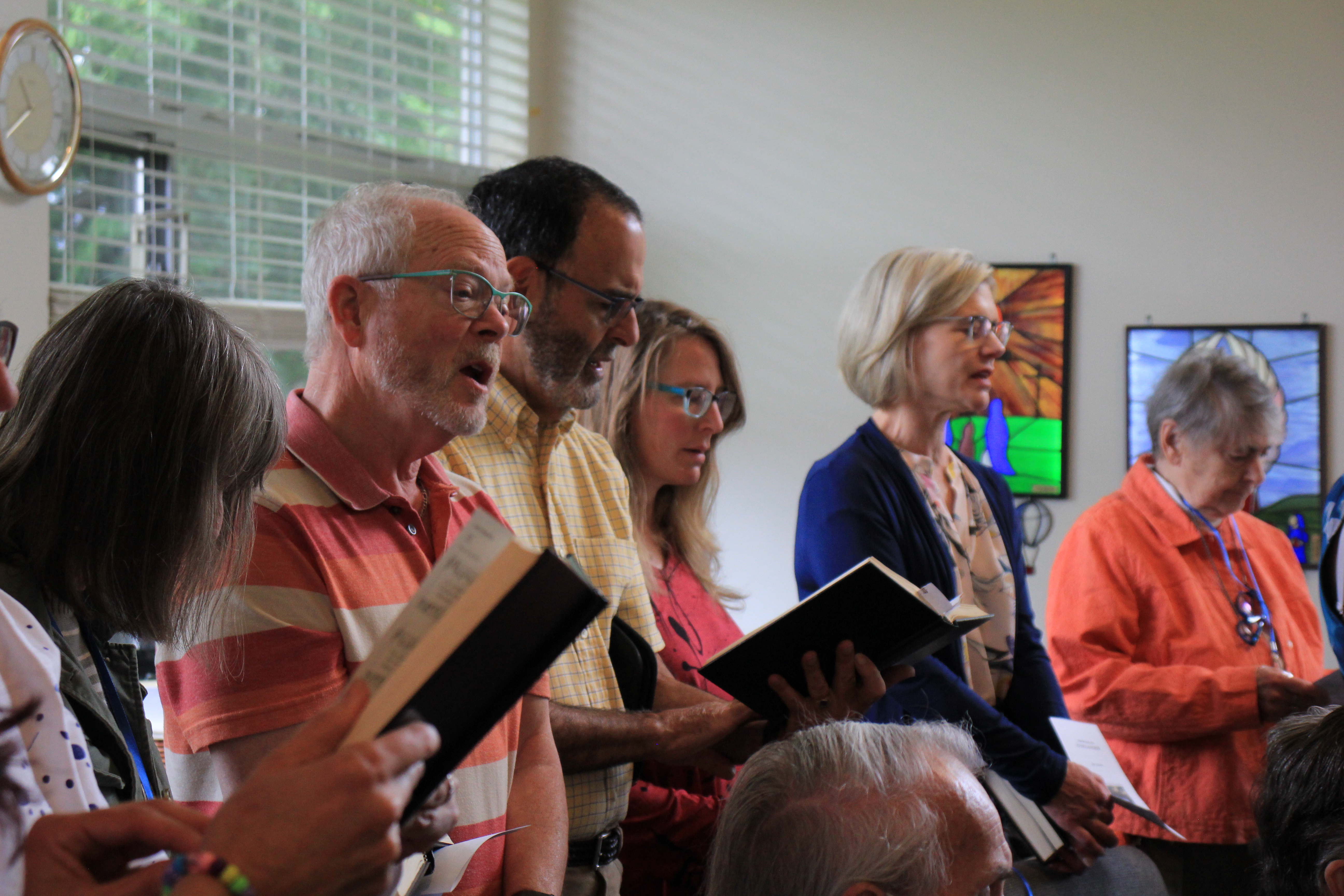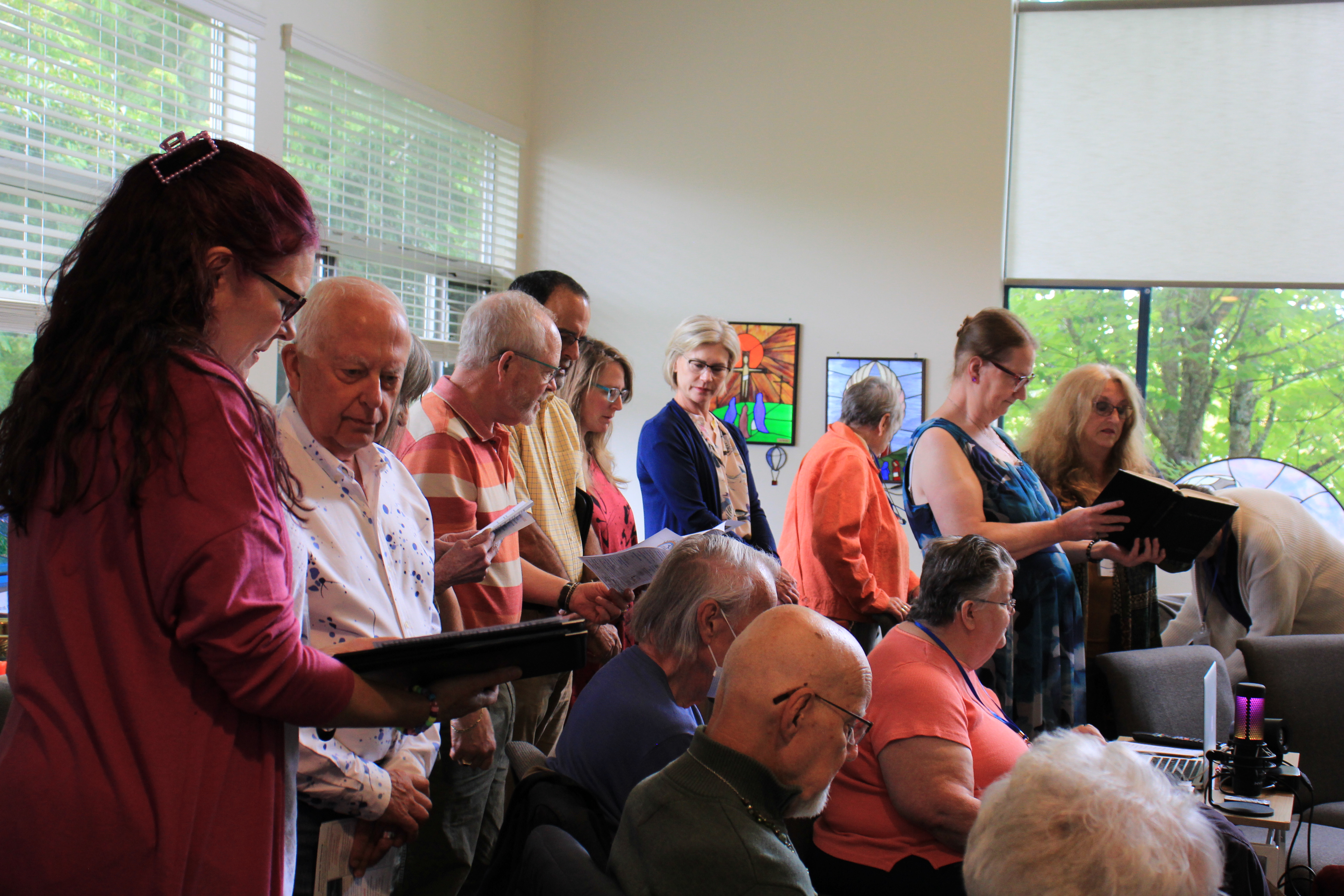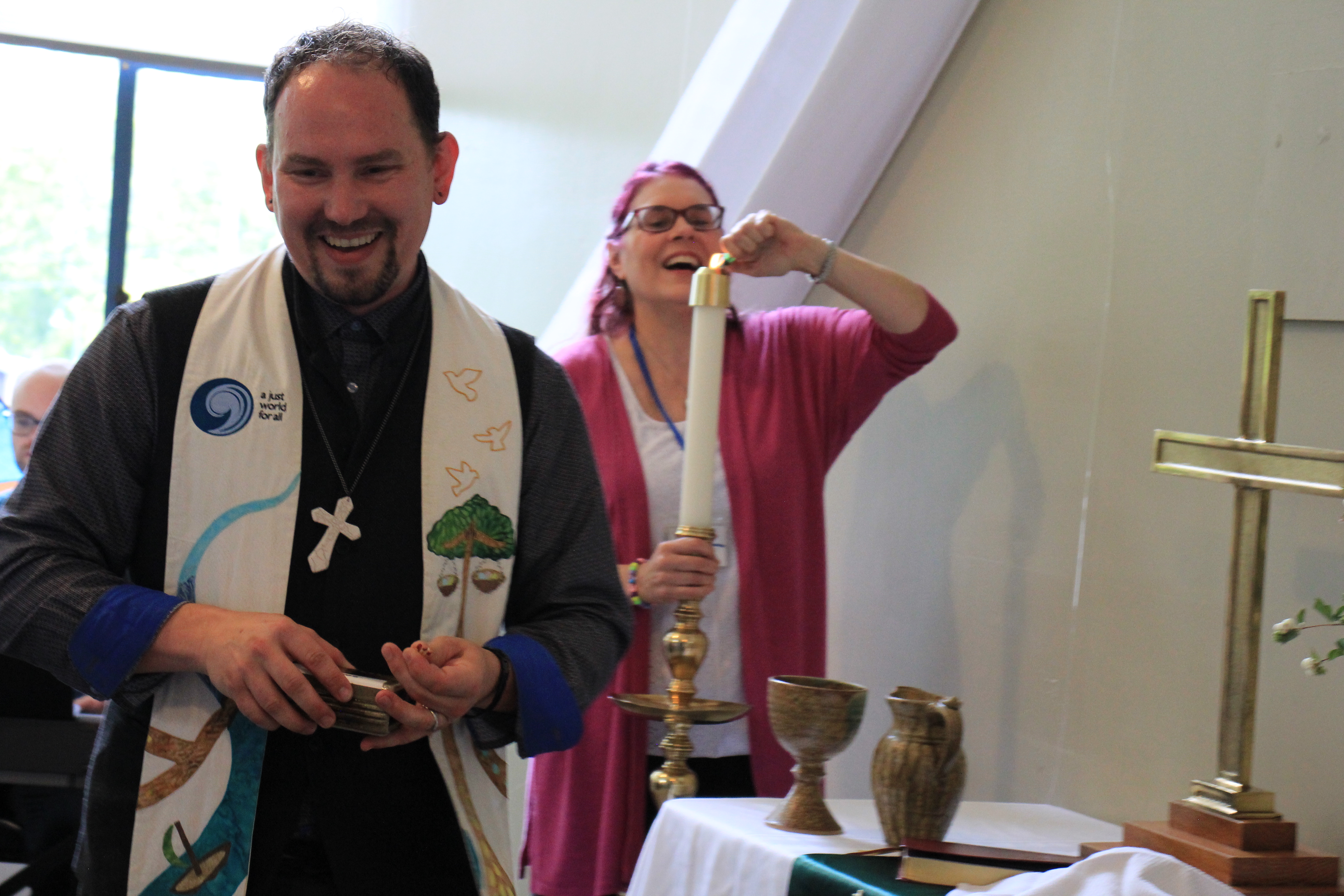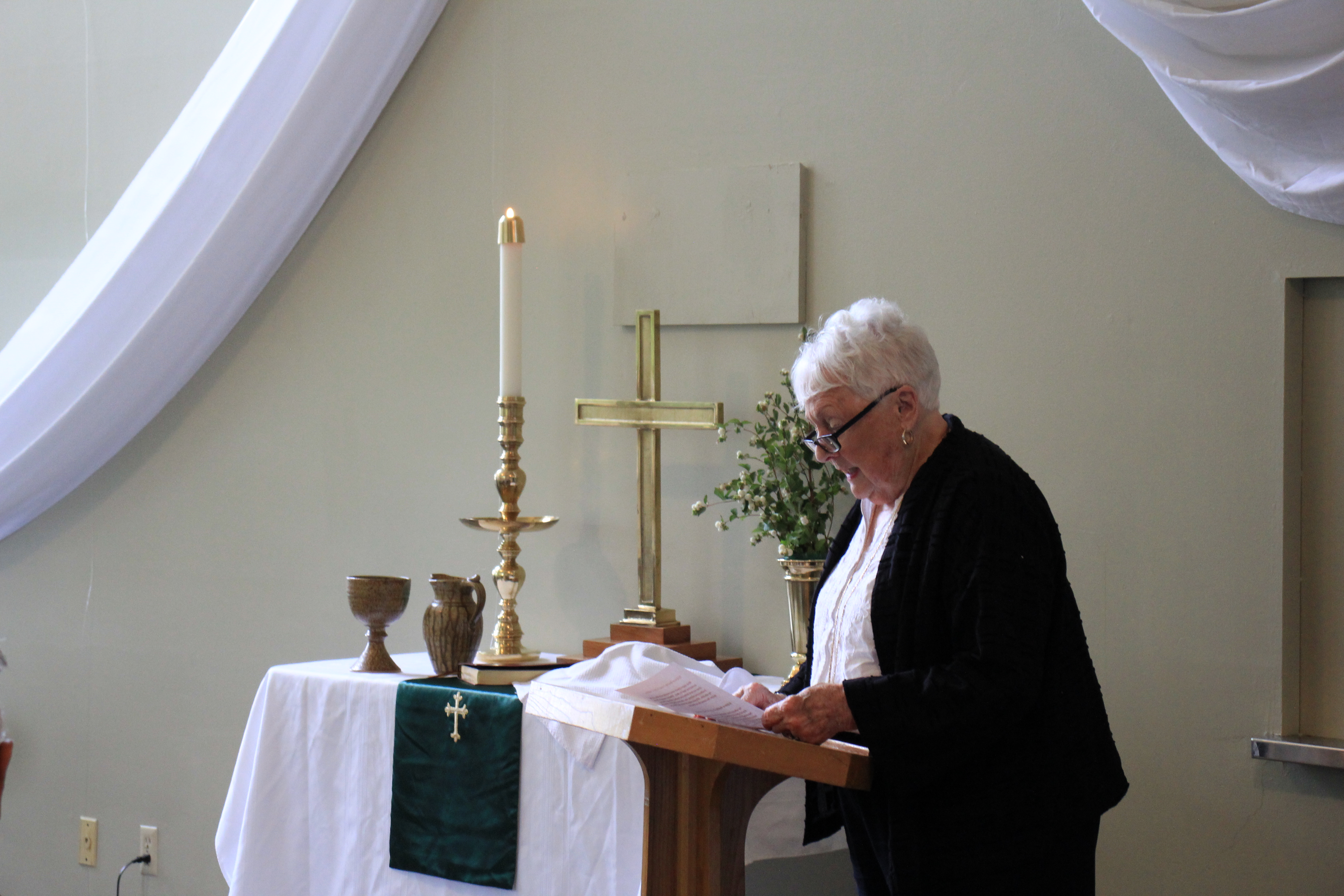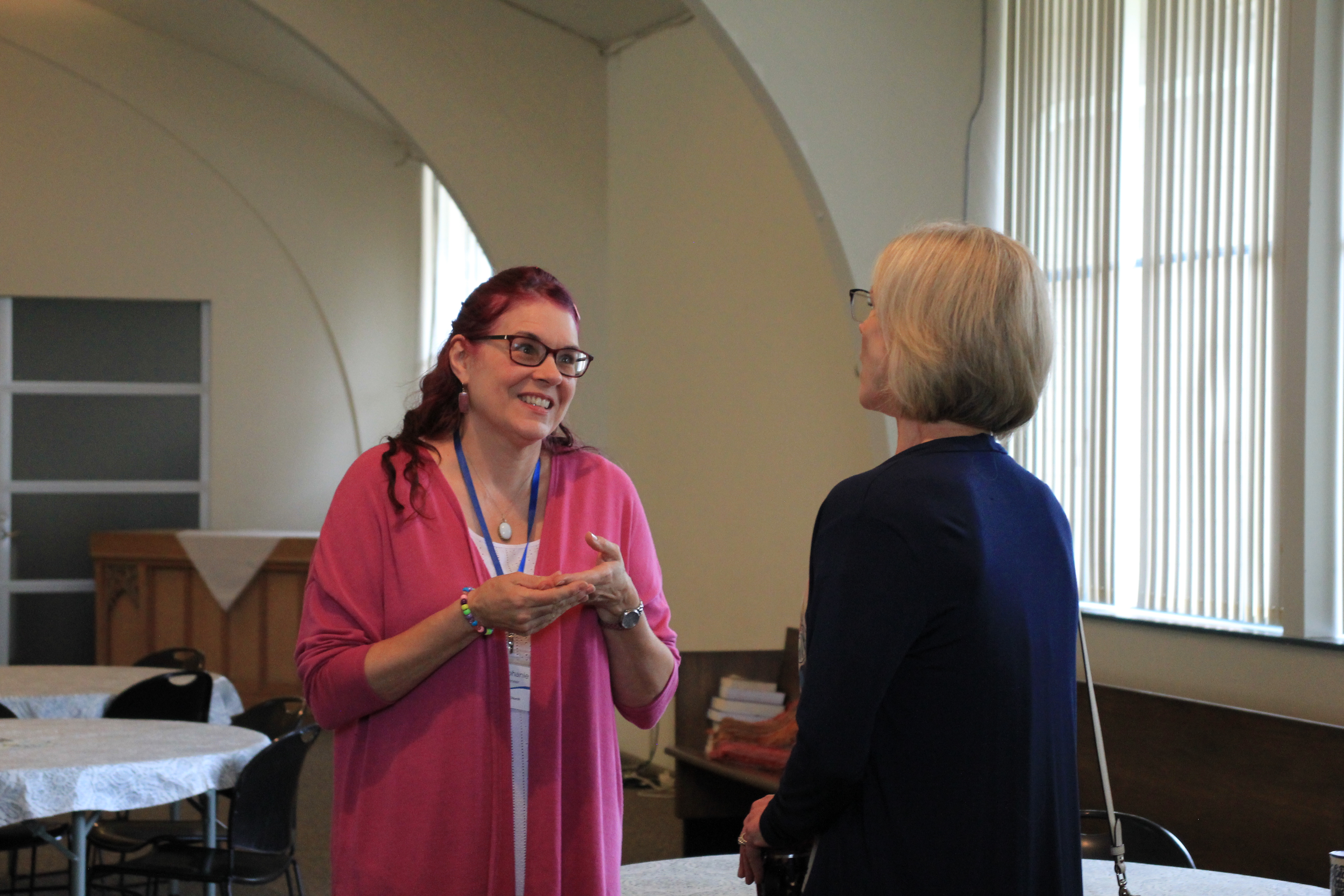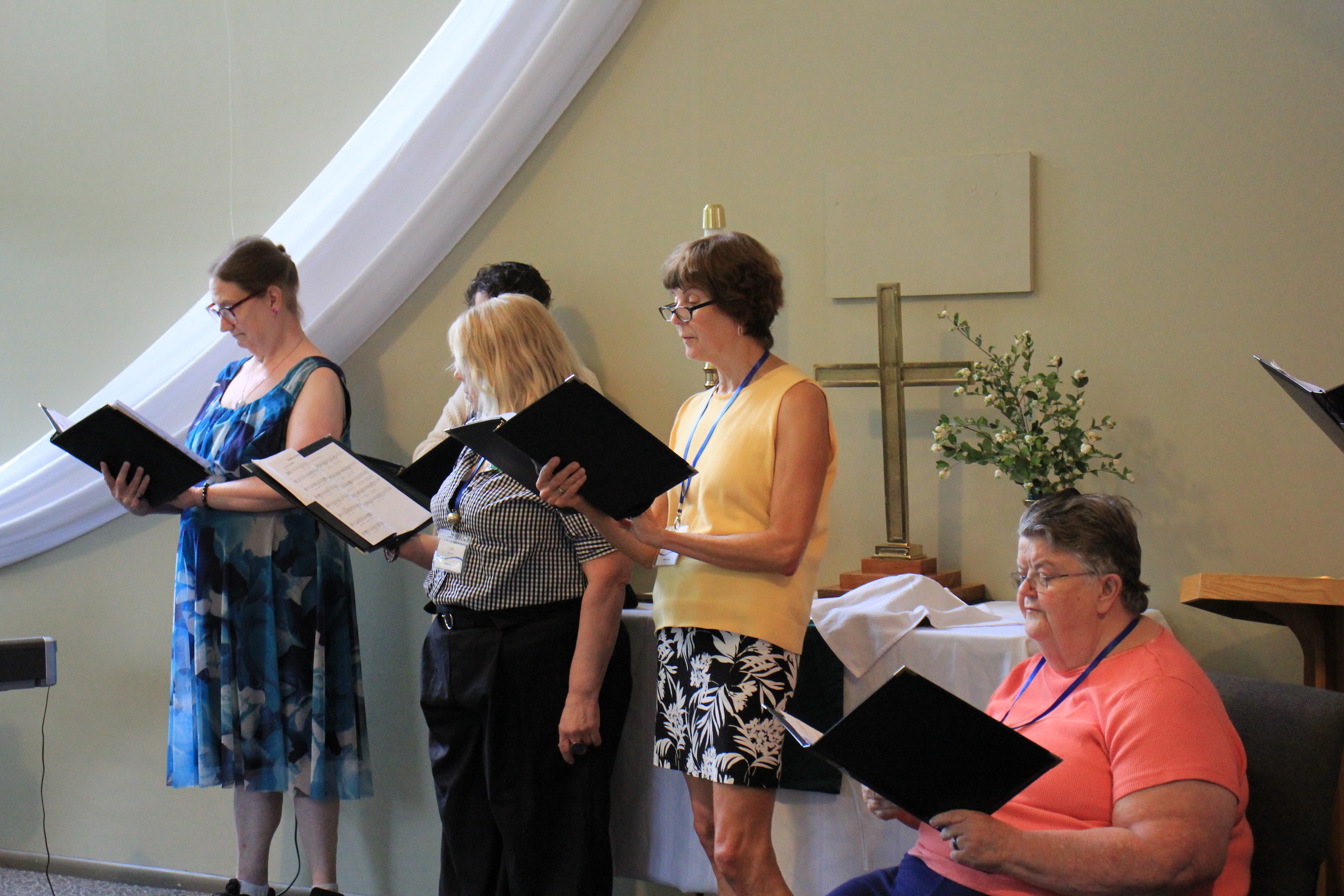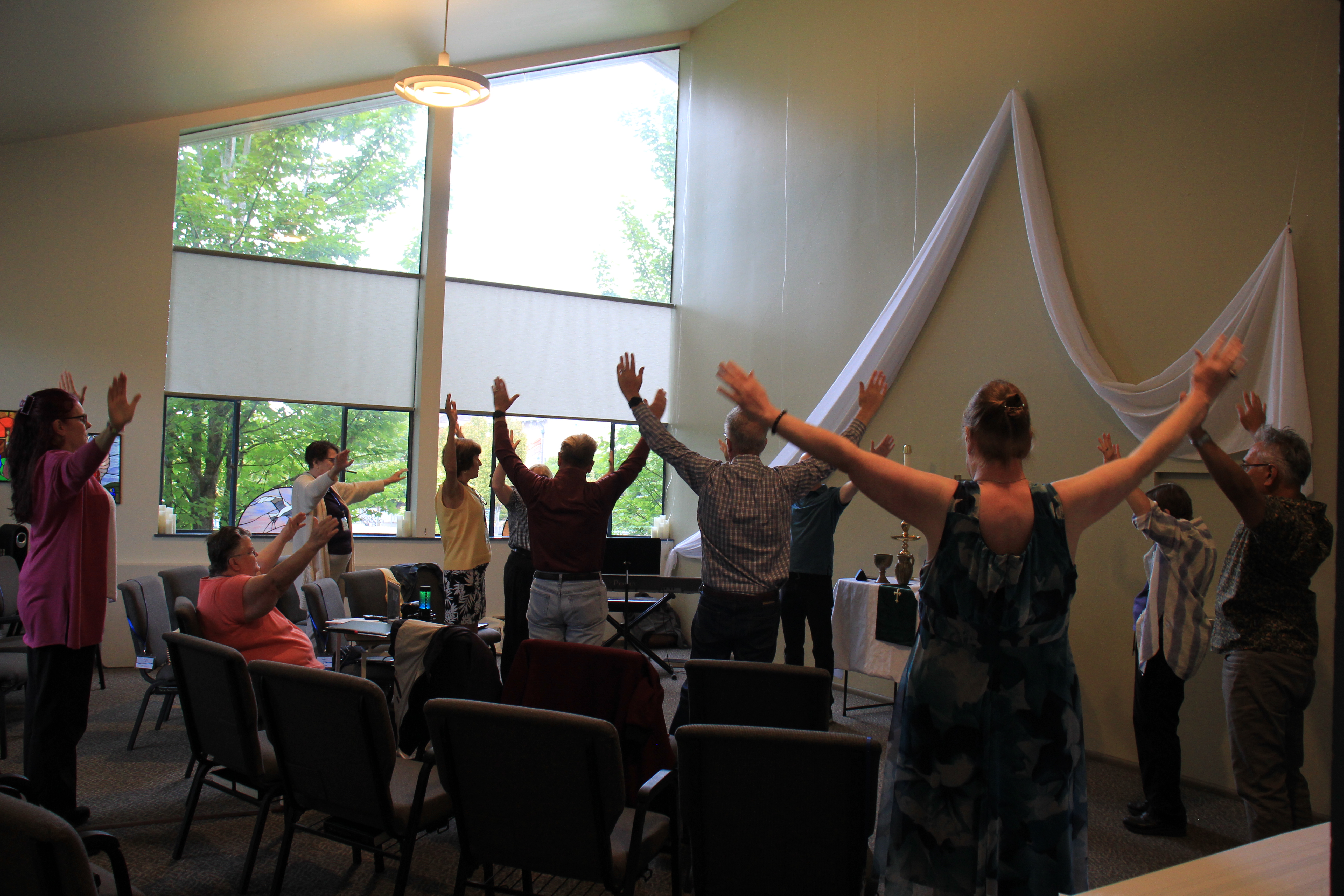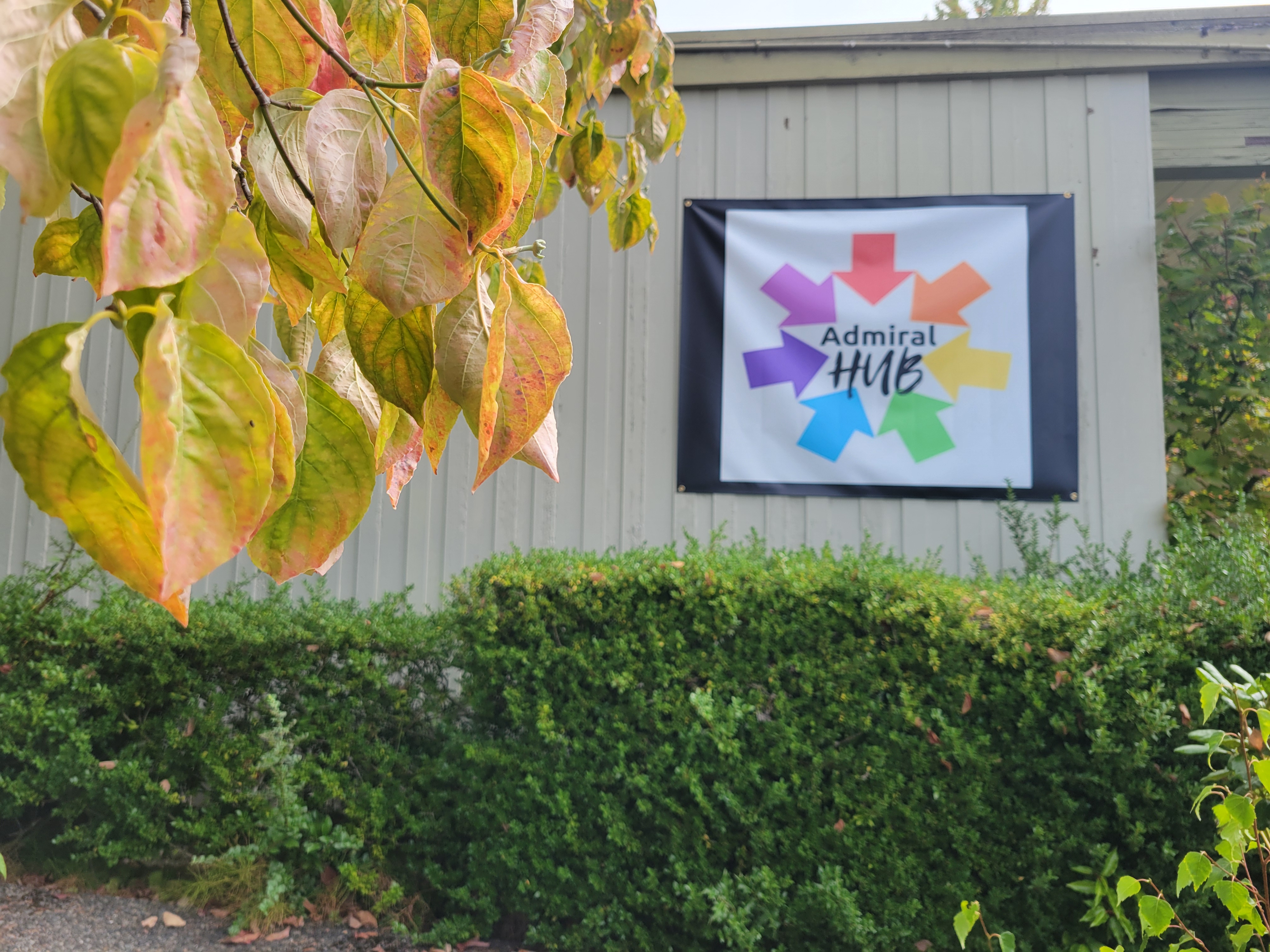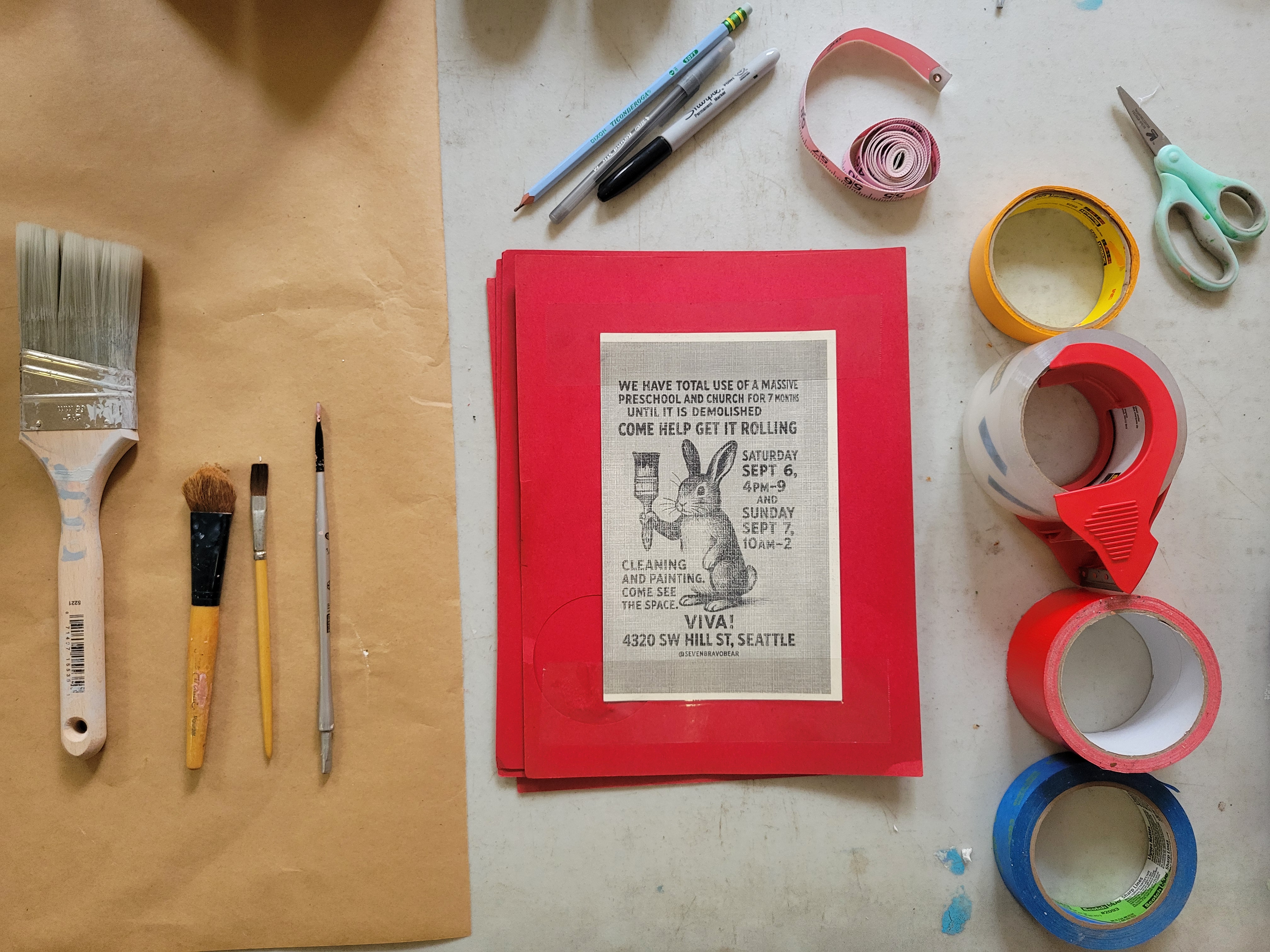Overcoming the Fear of Death
Since, therefore, the children share flesh and blood, He himself likewise shared the same things, so that through death He might ... free those who all their lives were held in slavery by the fear of death. –Hebrews 2:14-15
In our culture, death and failure are deeply connected. If we die, we have lost somehow. Our life is over. If our projects or our plans do not continue, it is a sign of our shortcomings, inviting a sense of shame. We therefore mobilize our resources to avoid death and hide decline rather than acknowledge the possibility (and inevitability) of death and live fully in the moment. We are tempted to cling to our visions of the future, which are threatened by death, rather than accept the free gift of now.
Our linking of death and failure is due to our profoundly individualistic view of ourselves. Our culture does not see the self as part of a continuum, part of a movement that stretches back through history. Instead, each individual life is its own movement, standing on its own merits and responsible for its own destiny. This is a narrative of control, a narrative deeply at odds with a life of faith.
What if our life was not our own, but part of the movement for God's kingdom here on Earth? What if the way we lived our lives was really an unfolding of that which had been set in motion before us? And the saints and martyrs of the church were merely the antecedents to our own commitments? What if death merely marked the time when the torch we had been carrying was officially passed to those we are bringing up behind us?
The fear of death is a barrier to freedom. When we fear death, we focus on preservation rather than risk. We hold close all that we have made and gathered, even that which was freely given to us by those who passed on before us. Empire uses the threat of death as a way to manipulate us. Empire can prevent our generosity, our vision-casting, and our risk-taking by scaring us into navel-gazing. True freedom acknowledges the reality of death and acts boldly toward a vision of life fully lived.
The fear of death is also about the fear of judgment. We fear to risk because we're afraid of rejection, which is a type of death; we know that when we act in total freedom, we are vulnerable to criticism. We will have revealed something we hold dear and can be cut deeply by any refutation or challenge. Once we can let go of our fear of judgment, we have the freedom to be truly creative.
How do we start to view ourselves as part of movement, rather than as the movement? How can we begin to see ourselves as beneficiaries of God’s will and influence, and use our gratitude as a motivator to risk being free? This is part of what resisting whiteness means. Whiteness is committed to an individualistic view, one that removes people from context and history and justifies itself via the mythology of meritocracy. Whiteness says, “I earned this, and I have the right to (and need to) protect it”. However, Psalm 24 reminds us “the Earth is the Lord’s, and all that is in it”. Legacy will be the key concept to free us from individualism, whiteness, and Empire. What will our anti-racist, anti-Empire legacy be? How will we advance the vision of God’s liberation here in North Admiral?
Ultimately, the fear of death is rooted in turning away from God. Overcoming the fear of death is the path
to freedom, revealed most fully in the life, death, and resurrection of Christ.
In Peace,
Pastor Andrew

